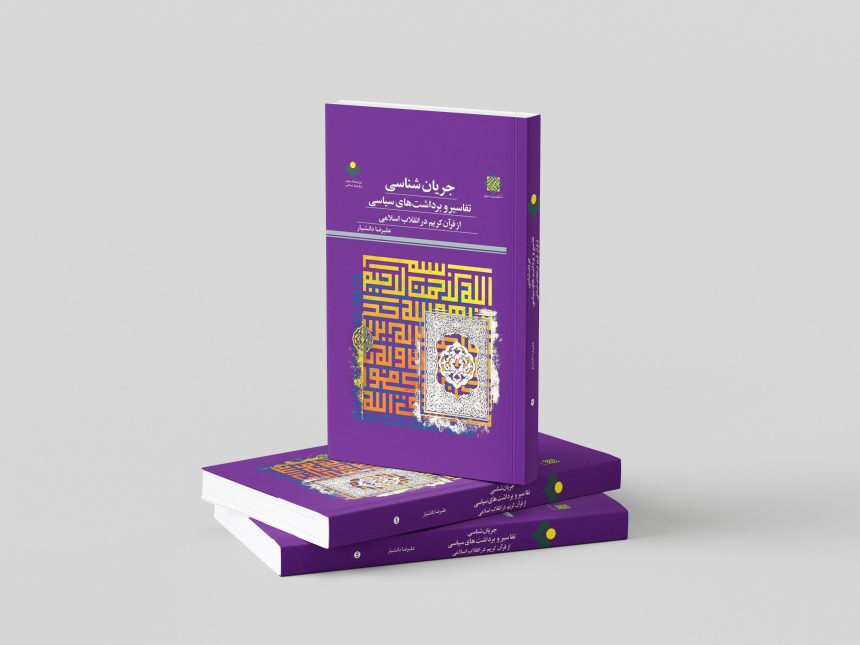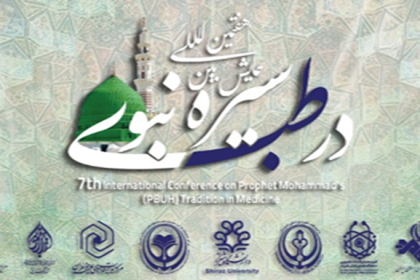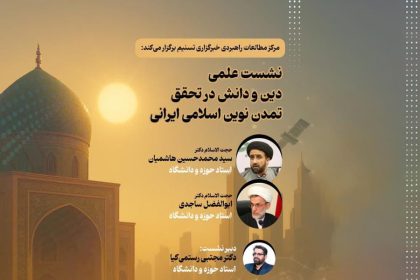The book Jarayān-shināsī-yi Tafāsīr wa Bardāsht-hāyi Sīyāsī az Qurʾān-i Karīm dar Inqilāb-i Islāmī (Mapping the Currents of Political Exegesis and Interpretations of the Qurʾān in the Islamic Revolution) by Alireza Daneshyar has been published in Persian by The Department of Political Sciences and Thought, Islamic Sciences and Culture Academy.
This 600-page volume systematically examines the various currents of political exegesis of the Qurʾān within the context of the Islamic Revolution. It identifies and analyzes four major approaches: transmission-centered[1], Qurʾān-sufficiency[2], ijtihādī–uṣūlī[3], and modernist[4].
Through the analysis of influential figures—from Imam Khomeini and ʿAllāma Ṭabāṭabāʾī to thinkers such as Ali Shariati and contemporary groups—the author provides a comprehensive account of the Qurʾān’s role in shaping the political thought of the Revolution. The stated aim of the book is to elucidate the socio-political ramifications, and contribute to a deeper understanding of the relationship between religion and politics in contemporary Iran.
[1] Relying on transmitted reports and narrations.
[2] Prioritizing the Qurʿān alone as sufficient for exegesis, minimizing reliance on external sources such as the narrations.
[3] Grounded in the methodological principles of Islamic jurisprudence (uṣūl al-fiqh), applying them to Qurʿānic interpretation.
[4] Approaching the Qurʿān through modern intellectual frameworks, often emphasizing rationalist, reformist, or contemporary socio-political concerns.








